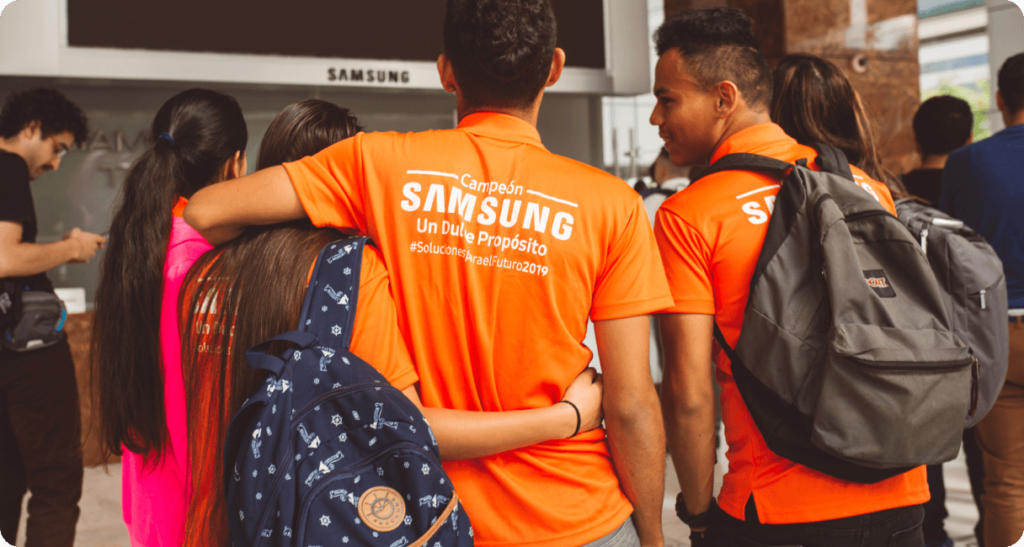
Soft skills refer to a set of personal and relational (interpersonal) skills that can be developed or improved in the context of teaching and learning. Based on different lines of pedagogical thinking, soft skills gained greater insertion in the global educational debate with the publication, in 1996, of the Delors Report by the United Nations Educational, Scientific and Cultural Organization (UNESCO).
The report proposed the role of education (and the educational system) structured on four pillars, assuming the educational doing with attention to the multiple dimensions of the subjects:
- Learning to know;
- Learning to do;
- Learning to be;
- Learn to live together.
Soft skills: everyday interpersonal skills
Being a fundamental part of the cognitive process of building and acquiring information, social and emotional skills are related to the so-called soft skills. This is a nomenclature that brings together individual and interpersonal behavioral characteristics, aimed at the exercise of collective daily life and the proper functioning in the work environment. The expression arose in opposition to the so-called hard skills, which refer to the technical skills of a person in a certain exercise or function at work.
In the Skills for Social Progress report, published by the Organization for Economic Co-operation and Development (OECD) in 2015, considered one of the main publications on the subject, it was discussed that although soft skills are built throughout life and guided by different contexts and cultural experiences of each country, the school plays an important role in helping students to develop them properly.